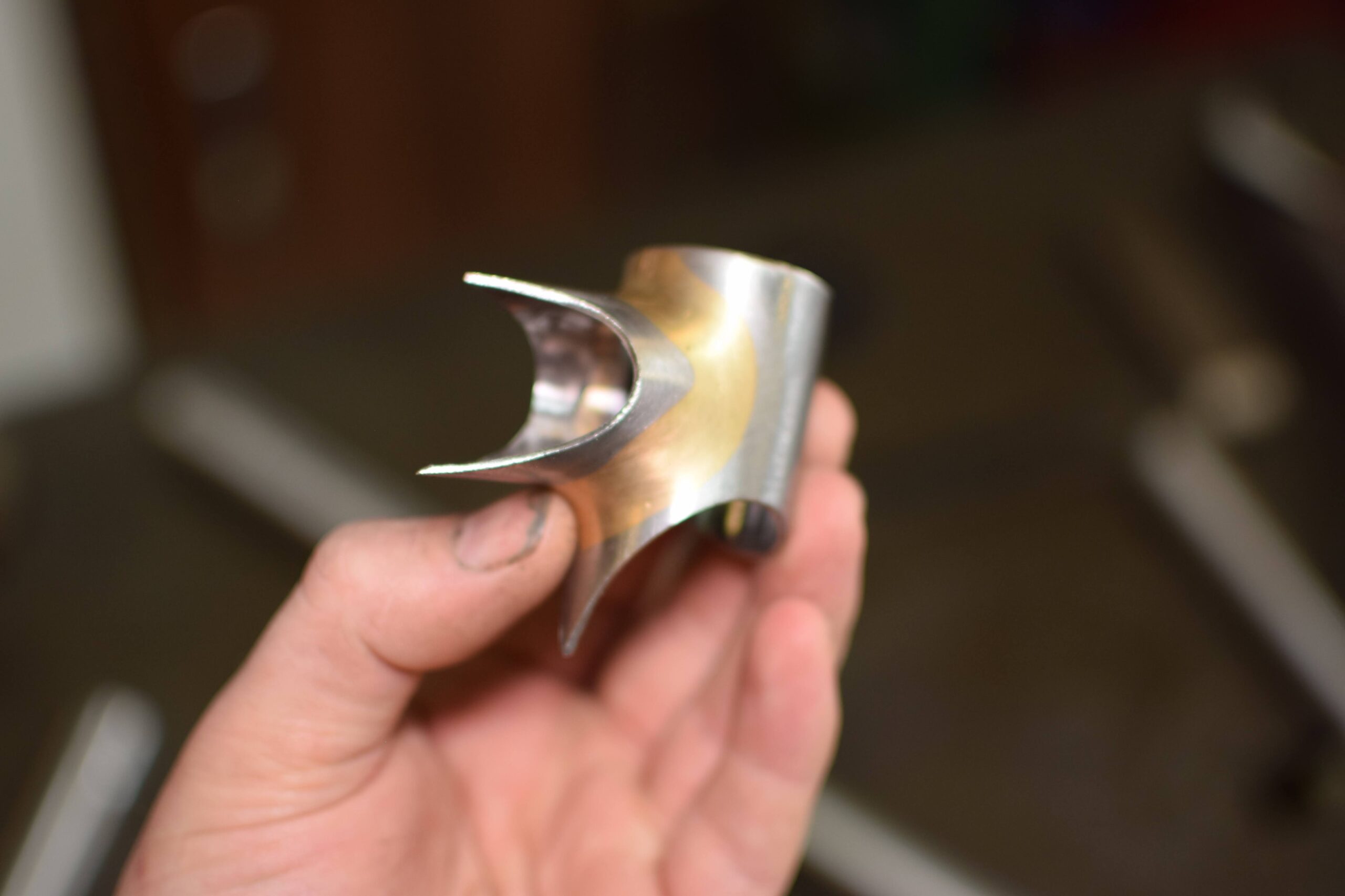Over the last few weeks, I’ve had to face some hard truths, not just about the state of my workshop, but about the future of traditional framebuilding in Britain.
A few days ago, I read Ricky Feather’s announcement that he’s stepping away from framebuilding. He spoke openly about burnout, cancelled orders, and how even the most respected framebuilders are struggling to make it work. It hit me hard, because I’ve felt the same. You start to believe the problem is you. That you’re the only one falling short. But the truth is, this craft is under pressure from all sides.
This isn’t a crisis post or a farewell. It’s a reset. A chance to lay out what’s happening with honesty, recommit to the work I care deeply about, and ask for your support as I try to build a path that’s sustainable, for me and for this craft.
When you run a one-person framebuilding business, even a short illness or disruption can throw everything off course. If your business is built entirely on your labour, if every file stroke, every reply, every decision depends on you, then you’re always one step away from falling behind. That’s what’s happened to me over the past year. And the backlog that followed has often felt impossible to recover from.
I’ve let some customers down. Not because I didn’t care, far from it, but because the pressure became overwhelming and I didn’t know how to keep all the plates spinning. I fell into a spiral of guilt and silence, which only made things worse.
Some people have shown immense patience. Others, understandably, have been frustrated. I’m not proud of the delays or the lack of communication. But I do want to be honest about them. The pace of modern communication makes it easy to assume the worst if someone doesn’t reply within a day or two. But sometimes I’ve simply been in the workshop trying to catch up. Or sick. Or trying to push through another late night to get one more frame finished.
It reminded me of what happened with Mercian last year. I know Grant and Jane poured everything they had into that business. But in the end, the pressure proved too much. I truly wish the new owners every success, because we need businesses like Mercian in our small corner of the bike industry. Not just to carry on the legacy, but because once the knowledge is gone, it’s hard to bring it back. The skills required to build frames are one thing, but the skills to repair them, replace tubes on damaged lugged frames, realign bent stays, belong to a generation that will be retired in another decade or so. If we don’t pass them on now, they may be lost for good.
But here’s the thing. I’m not giving up. I still care deeply about every project I take on. I still wake up thinking about frame geometry, braze-ons, and paint detailing. And I’m still committed to seeing through the promises I’ve made, even when they’ve taken longer than planned.
If you’ve been waiting longer than expected, please know that you haven’t been forgotten. You’re part of a queue, and every frame gets my full attention when it’s on the bench. I’ve never wanted to churn out work quickly. I’ve always chosen care over speed. That remains true, even when it costs me.
When my mentor Andrew was building frames, that was all he did. He didn’t have to handle sales, marketing, social media, admin, or field a dozen emails a week asking for updates. He focused purely on the work.
These days, things are different. As a customer, it’s completely natural to expect communication, progress images, and updates, and I genuinely understand why. But the reality is that these things take hours every week. They aren’t paid for, but they are expected. And that creates a tension. Do I stop working to write emails, or do I keep working and risk going quiet?
Rather than keep pushing myself to do both badly, I’m changing how I work.
Going forward, I’ll be taking on fewer commissions and raising my prices to reflect the true time and care each job requires, including the communication, planning, photography, and documentation that so many of you value. This shift means I can give each project more of my attention, avoid burnout, and keep doing this long term.
And for those of you interested in the craft itself, how things are made, why they take time, and what goes into each stage, I’ll be sharing more of that through my Patreon. That content won’t just be for framebuilders. It will be for anyone who values craft and wants to see the process that’s usually hidden.
This is about making the work, and the workshop, more sustainable. For me, for you, and for the future of handmade steel frames.
If anything, this period has made me more determined to build in a way that’s sustainable, not just for the bikes, but for me. That means clearer boundaries, better systems, and a slower pace that doesn’t burn me out. I’ll still be here, and the work will continue. It just might be a little quieter, a little slower, but hopefully stronger in the long run.
Thank you for reading, for riding steel, and for sticking with me.
Paul



Leave a Reply